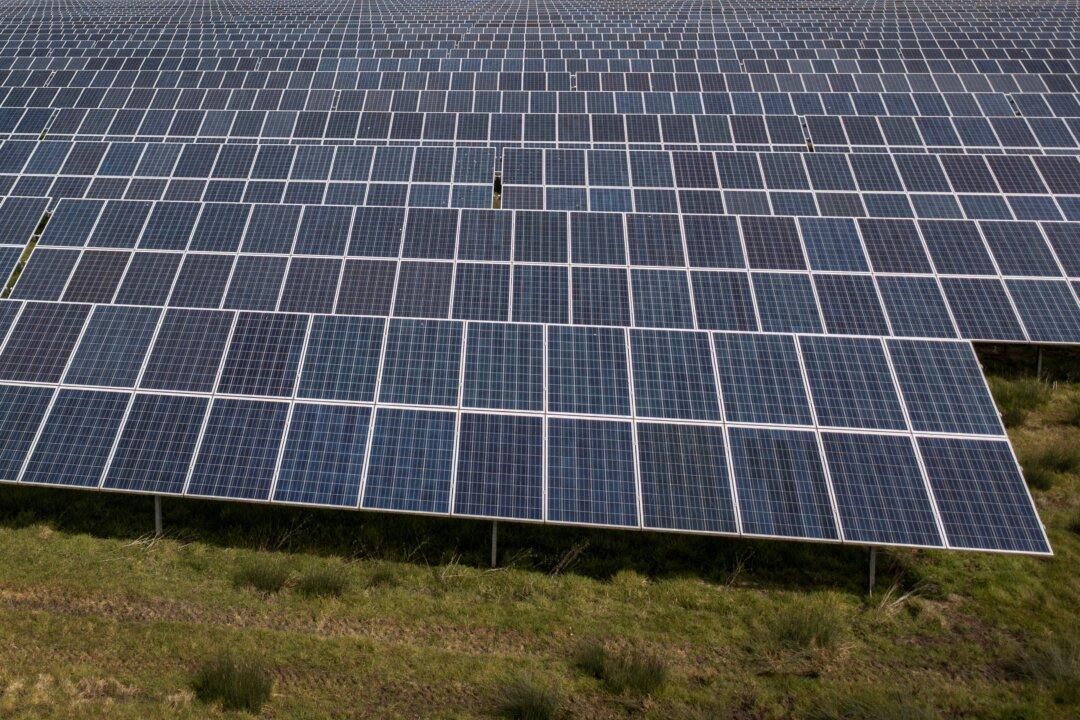Legislation from the government could see excess revenues made by some renewable energy generators capped to reduce the impact of unprecedented wholesale price increases being charged to consumers.
The government announced that its proposed Energy Prices Bill that was introduced in parliament on Oct. 12 will have a “cost-plus-revenue limit” on electricity generated from wind and solar farms and nuclear energy in England and Wales. The precise mechanics of it will be subject to a consultation to be launched shortly.




